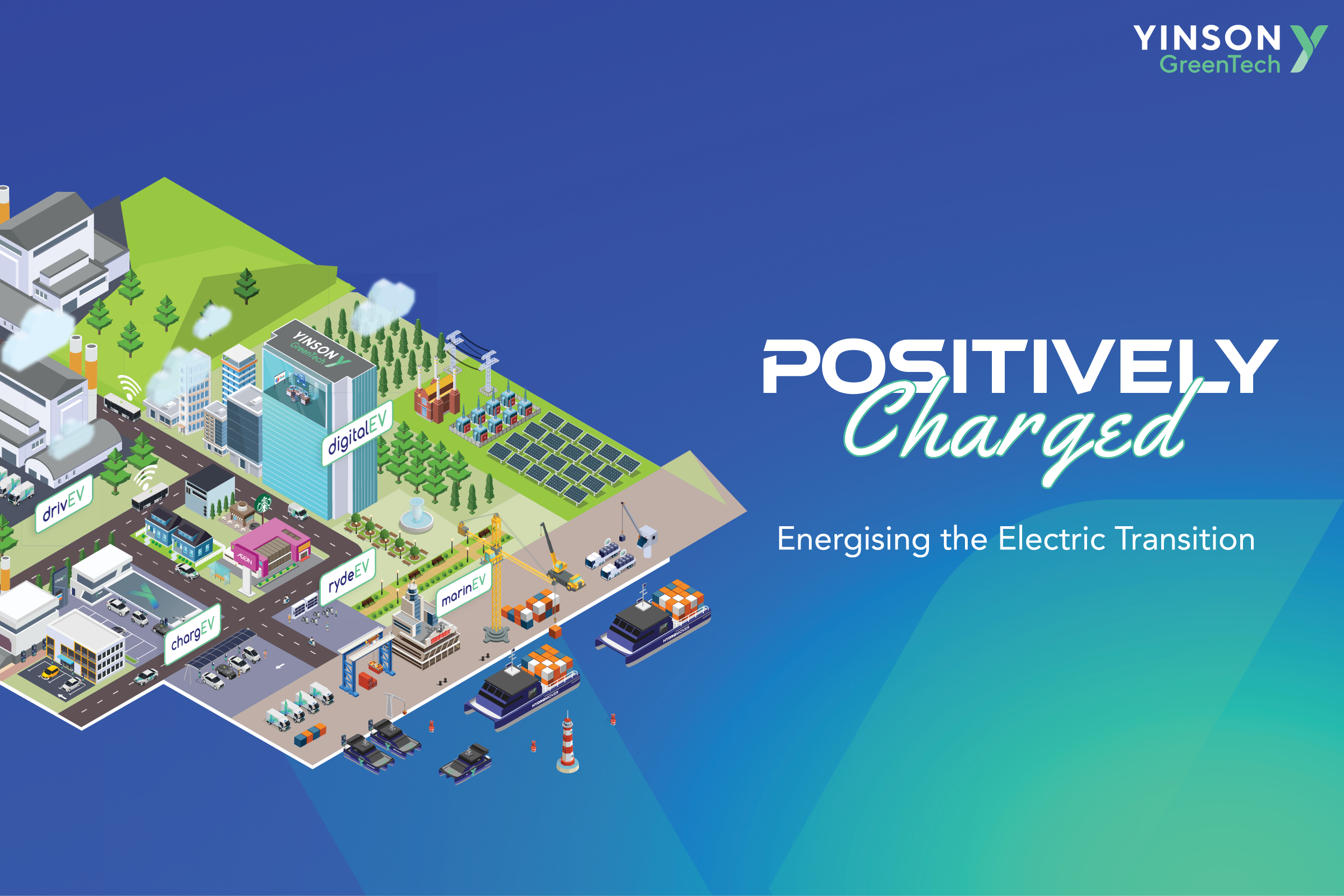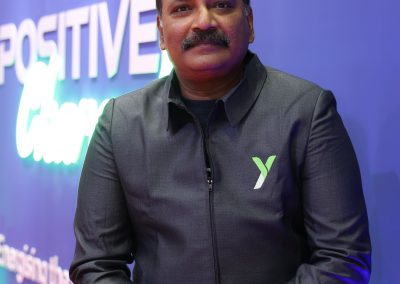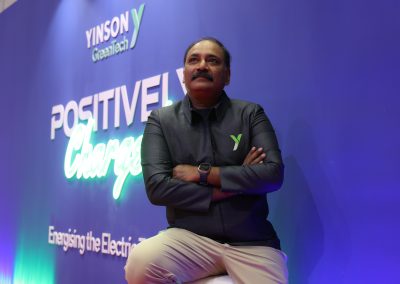27 May, 2024
Yinson GreenTech embraces megatrend strategies, strengthens position with partnerships

Yinson GreenTech (YGT) has aligned its strategy with the megatrend of electrification, having signed several partnership agreements with companies during the recent Malaysia Autoshow 2024. YGT’s Senior Vice President of Business Development Srinivas Tati said this commitment, in line with the nation’s ambition of achieving net zero emissions by 2050, reflects the company’s dedication to innovation and sustainability within the green technology industry.
“At the Malaysia Autoshow 2024, YGT signed several strategic partnership agreements to enhance its market position and launched the first direct current fast chargeable electric two-wheeler rydeEV CERVO for the Malaysian market.
“Additionally, YGT’s drivEV business unit secured strategic partnerships with Weststar Maxus and Warisan TC Holdings Bhd, making us the preferred leasing partners for Maxus eDeliver 7, eDeliver 3, T90EV and GAC AION Y Plus vehicles. These partnerships are set to accelerate YGT’s growth and support the transition to sustainable transportation,” he told Bernama in a recent interview.
YGT’s chargEV business unit is also collaborating with KINETA, a subsidiary of Sime Darby Bhd, to provide market-leading electric vehicle (EV) charging solutions that enable businesses and consumers to recharge seamlessly. “We aim to expand our charging infrastructure capabilities significantly. By leveraging KINETA’s engineering expertise, chargEV plans to develop additional charging sites. This strategic move is intended to enhance our service offering sand strengthen our market presence,” he stated.
He said that YGT’s approach includes leveraging emerging technologies through strategic partnerships. YGT is poised to offer significant market value by integrating these technologies into its solutions. “Innovation is not solely about internal development. We actively seek partnerships with like-minded entities to incorporate advanced technologies, ensuring we provide cutting-edge solutions,” he said.
Commenting on the Malaysian Government’s support and initiatives towards green sustainability, Srinivas said they have been pivotal in YGT’s journey towards sustainability. “With initiatives such as zero tax capabilities and incentives for transitioning to EVs, the government has fostered an environment conducive to green technology adoption. A significant incentive includes the RM2,400 rebate for individuals converting internal combustion engine scooters to electric, encouraging widespread adoption of electric vehicles,” he said.
He stressed the importance of continuous education on the benefits of transitioning to electric vehicles. “Raising awareness and understanding among consumers and businesses is crucial to fostering widespread acceptance and adoption of EVs. This ongoing educational effort is vital to ensuring that the public is well-informed about the environmental and economic advantages of electric mobility,” he said. Srinivas said it is not possible to say that there are sufficient government initiatives because this “will never truly be enough” because there are always more challenges to address.
“However, I can affirm that the government is doing an excellent job in promoting green technology among the public and businesses here in Malaysia,” he said. He further mentioned that the regulatory landscape and consumer expectations significantly shaped YGT’s strategy. “Malaysia’s goal to neutralise greenhouse gas emissions by 2050 influences market trends and encourages industries to adopt sustainable practices. Regulatory changes present opportunities for standardisation across ASEAN, fostering better market integration,” he said.
He concluded that YGT is poised to lead Malaysia’s green technology sector and has numerous initiatives underway. For instance, YGT is developing what they call the logistics ecosystem. “The logistics ecosystem isn’t just about providing electric vehicles for logistics companies or offering fleet management solutions. It goes beyond that. We look for greater efficiency, which leads to a lower total cost for companies.
“YGT also aims to integrate the entire ecosystem, focusing on our strengths in electric vehicle solutions, charging solutions, Internet of Things, and telematics, which combines telecommunications and information to collect, transmit, and analyse data from remote sources, particularly vehicles. “We are concentrating on four key ecosystems: logistics, energy, smart cities, and port electrification. “Each ecosystem, from providing energy solutions with battery swapping stations to smart city digitalisation and optimising port operations, aims to enhance efficiency and productivity in their respective industries,” he added.


